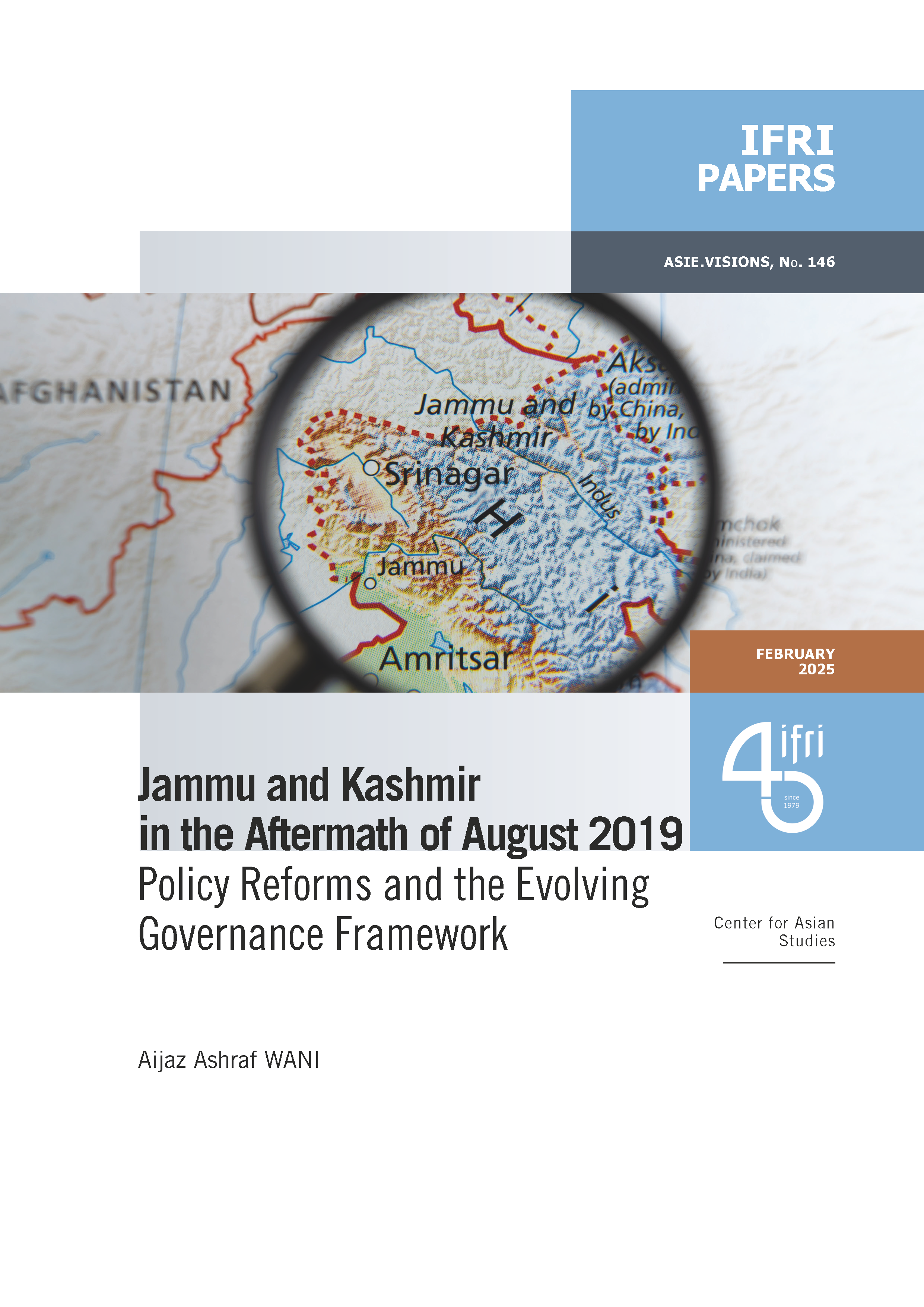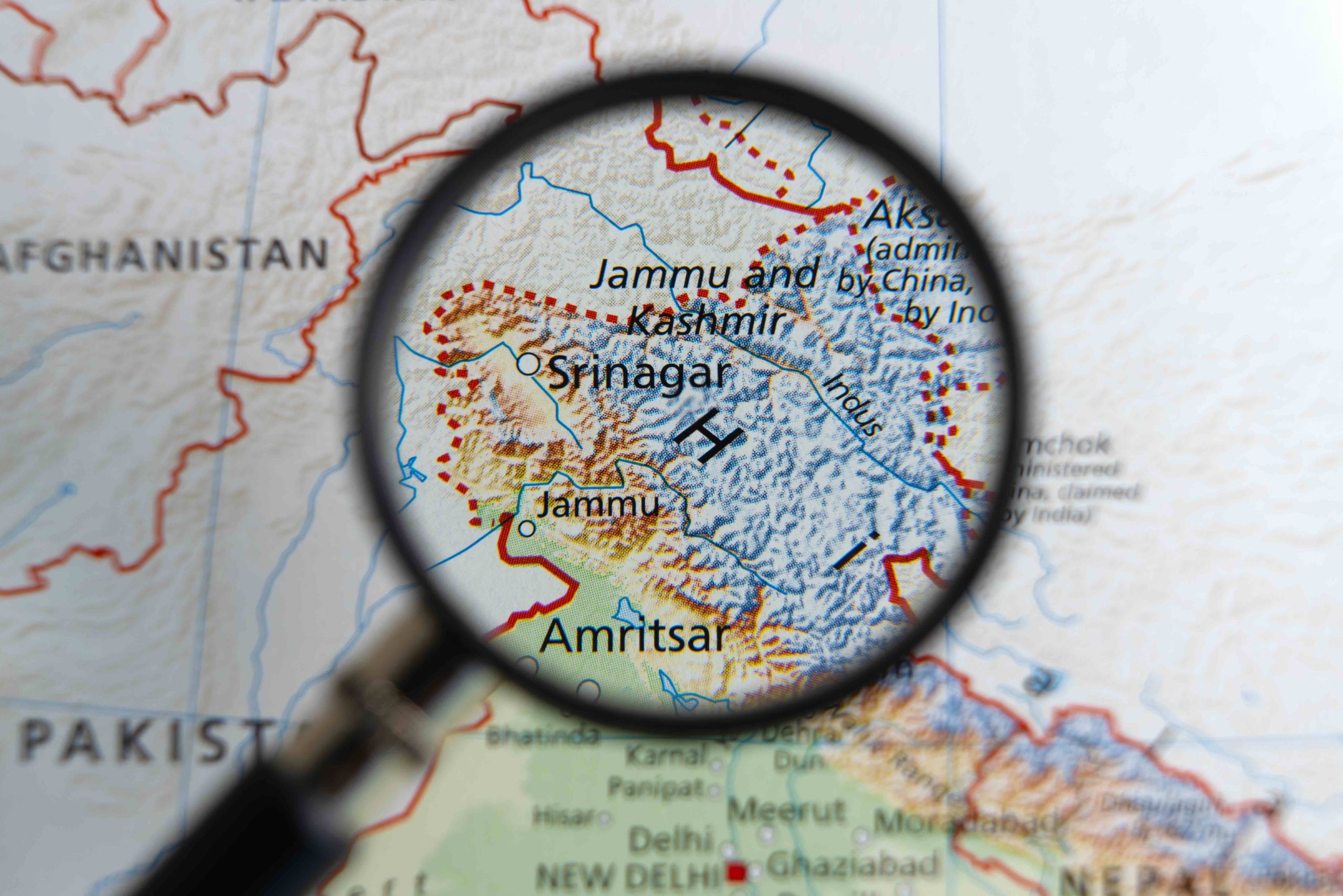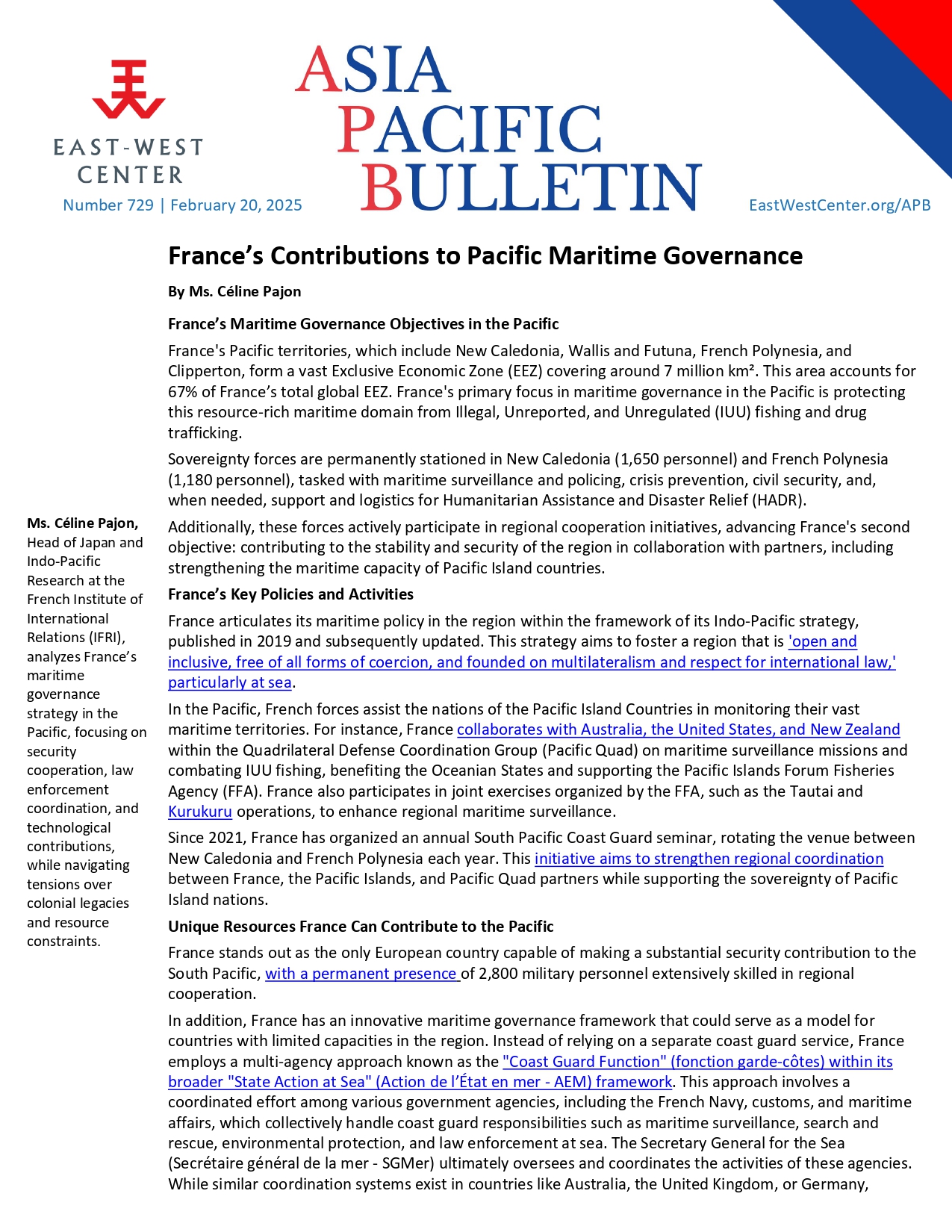Jammu and Kashmir in the Aftermath of August 2019

The abrogation of Article 370, which granted special status to the state of Jammu and Kashmir (J&K), has been on the agenda of the Bharatiya Janata Party (BJP) for many decades.

Jammu and Kashmir (J&K) was the only state that negotiated its accession to the Union of India in 1947. The instrument of accession signed by Maharaja Hari Singh on October 26, 1947 surrendered only four areas –defense, communications, foreign affairs, and finance–, giving the union government the power to decide on these matters, while the remaining areas were retained by the state.
When the Indian constitution was being framed, a temporary special provision under Article 370 was included to protect the autonomy, rights, interests, and identity of J&K. The state was also allowed to have its own separate constitution and flag, and many laws passed by the Indian parliament were not directly applicable to J&K unless the same was passed by its own legislature. Likewise, Article 35A, added to the Indian constitution through a presidential order in 1954, gave exclusive rights to the legislature of J&K to define the permanent citizens of the state and provide them with special rights and privileges. The article essentially reserved the rights over land, property, and jobs for the residents of J&K and debarred the citizens of other states from the same. However, the autonomy of the state was constantly emptied by successive central governments, culminating in the de-operationalization of Articles 370 and 35A in 2019.
On August 5, 2019, the Home Minister of India announced in parliament that the central government led by the Bharatiya Janata Party (BJP) had abrogated Article 370 and repealed Article 35A through a presidential order. Concurrently, the Home Minister introduced the J&K Reorganization Bill 2019 to change the status of the state and divide it into two new union territories (UTs), i.e. the UT of Jammu and Kashmir and the UT of Ladakh. The bill was passed by the Indian parliament on August 6, 2019. While all this was being done, all of J&K was subjected to massive curfew and clampdown. The leadership across the political spectrum in J&K, including former chief ministers, were arrested, mobile and internet connectivity was entirely shut down, and a complete communication “gag” was imposed in the state. These measures, despite criticism, were taken to prevent any outbreak of violence.

Available in:
Themes and regions
Share
Download the full analysis
This page contains only a summary of our work. If you would like to have access to all the information from our research on the subject, you can download the full version in PDF format.
Jammu and Kashmir in the Aftermath of August 2019
Related centers and programs
Discover our other research centers and programsFind out more
Discover all our analyses
RAMSES 2024. A World to Be Remade
For its 42nd edition, RAMSES 2024 identifies three major challenges for 2024.

France and the Philippines should anchor their maritime partnership
With shared interests in promoting international law and sustainable development, France and the Philippines should strengthen their maritime cooperation in the Indo-Pacific. Through bilateral agreements, expanded joint exercises and the exchange of best practices, both nations can enhance maritime domain awareness, counter security threats and develop blue economy initiatives. This deeper collaboration would reinforce stability and environmental stewardship across the region.

The China-led AIIB, a geopolitical tool?
The establishment of the Asian Infrastructure Investment Bank (AIIB) in 2016, on a Chinese initiative, constituted an attempt to bridge the gap in infrastructure financing in Asia. However, it was also perceived in the West as a potential vehicle for China’s geostrategic agendas, fueling the suspicion that the institution might compete rather than align with existing multilateral development banks (MDBs) and impose its own standards.

France’s Contributions to Pacific Maritime Governance
France stands out as the only European country capable of making a substantial security contribution to the South Pacific, with a permanent presence of 2,800 military personnel extensively skilled in regional cooperation.






